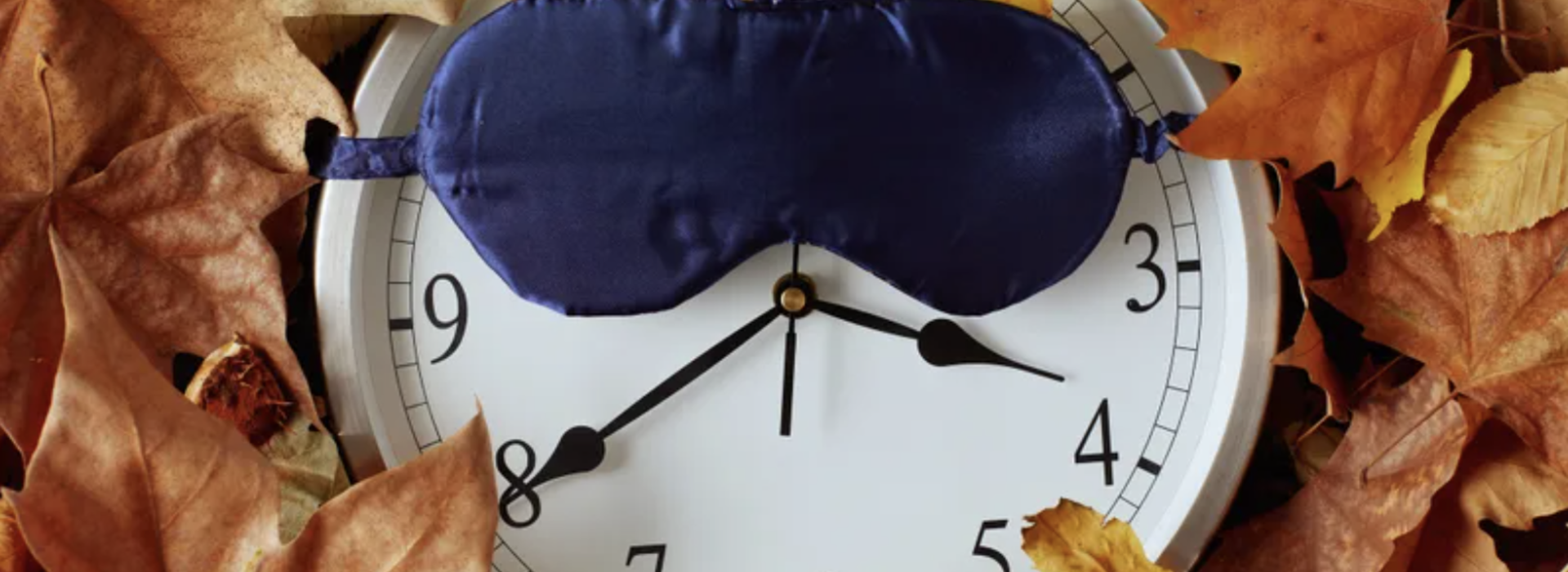
Top Story: Fall Back: Daylight savings time officially ending and a doctor says it is a good time to examine sleep habits
Daylight saving time had us “falling back” recently, with many dreading the darkness in the early evening. This time change is a great opportunity to examine your sleep habits and fix what might be negatively impacting your sleep, such as alcohol use, says Dr. Michael Howell, professor at the University of Minnesota Medical School.
“Coming off of daylight saving time gives us an opportunity to understand the importance of our body’s circadian rhythm,” he said. “Your body’s 24-hour clock helps you subconsciously understand what time it is during the day. For a tremendous number of us, the time that your body thinks it is doesn’t match up with the actual time.”
To optimize sleep, Dr. Howell suggests avoiding caffeine later in the day, dimming lights in the evening and minimizing screen time before bedtime. This is especially important as winter approaches and the sun sets earlier and stays dark longer, which can make it difficult to sleep or stay awake.
You can hear more from Dr. Howell’s interview with WCCO Radio about setting a healthy sleep schedule here.